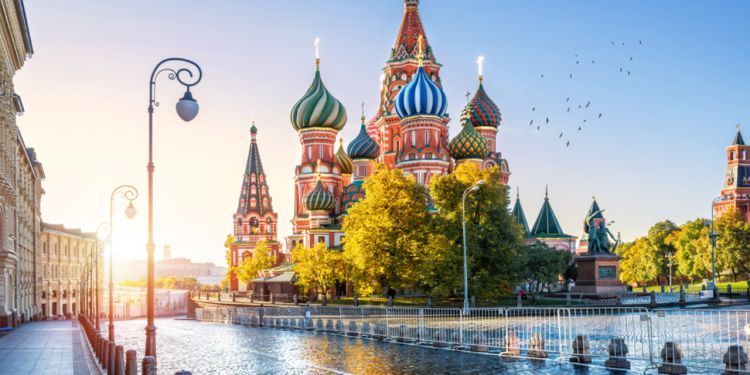
Finding a job in Moscow can be a quite tedious task, although the local labour market is very open and dynamic. Advance preparations are necessary, as well as a strong command of Russian, and fluent English. Knowledge of other foreign languages represent another key recruiting criteria. Moreover, high qualifications and specific skills are highly sought after in Moscow.
Economy
Moscow's economy is based on various fields, namely industry, food, electronics, petroleum refining, banks, finance, information and communication technologies, as well as trade. These sectors are known for being the city's main job creators. However, jobs are also available in human resources and ther service sector.
Moreover, Russian authorities have created their own Sillicon Valley in Skolkovo, in Moscow's outskirts. Meanwhile, Presnensky hosts Moscow's International Business Center.
Find a job
Many foreign companies have set up subsidiaries in Moscow since the opening of Russia to the world economy. Hence, the local labour market's dynamism offers scores of opportunities to qualified foreigners. You can start your job search by checking out job offers on the internet and in classified ads in local newspapers. Word of mouth will also be a useful tool if you have friends or contacts in Moscow.
Also consider sending spontaneous job applications to international and big Russian companies operating in Moscow. You might be pleasantly surprised.
Finally, you could opt for a wind of change if you are working for an international company which has a subsidiary in Moscow. Inter-company transfer might largely simplify your expatriation procedures.
Wages
Moscow is one of the world's most expensive cities. You must be aware of all expenses that you will have to face if you have decided to settle and work there, particularly if you intend to rent accommodation. Earning a comfortable salary will be an advantage to fully enjoy your expatriation experience.
If you are transferred by your company to a subsidiary which is based in Moscow, you may be able to request for an expatriation premium which could amount to 5 to 15% of your gross or net salary. You will thus be able to make up for leaving your home country and facing the cost of living in Moscow.
On the other hand, highly qualified professionals earn from 250,000 Russian roubles monthly (â¬3,690). Local authorities have not set a minimum or maximum salary. Hence, salaries can be discussed and negotiated with the employer during the interview. Qualified bakers, for instance, earn between 3,000 and 4,000 euros per month, while teachers may earn around 150,000 Russian roubles that is around 2,214 euros per month in private schools.
Rent will most probably be your highest expense, especially if you are looking for an accommodation with European standards in mind. Moreover, a 30% income tax will be deducted at source during the first six months. After spending 180 days over the course of one year, you will have become a resident of Russia and your income tax will go down to 13%.
Useful links:
Association of European Businesses (AEB)
LinkedIn
Iagora
Russia Jobs 77
We do our best to provide accurate and up to date information. However, if you have noticed any inaccuracies in this article, please let us know in the comments section below.








